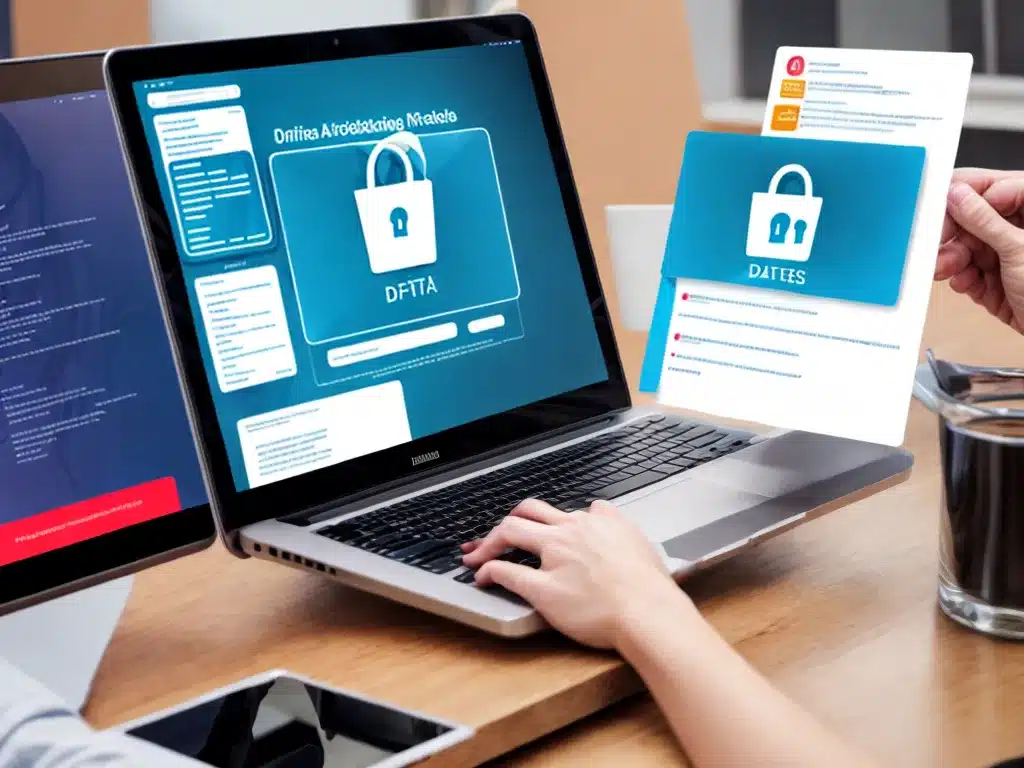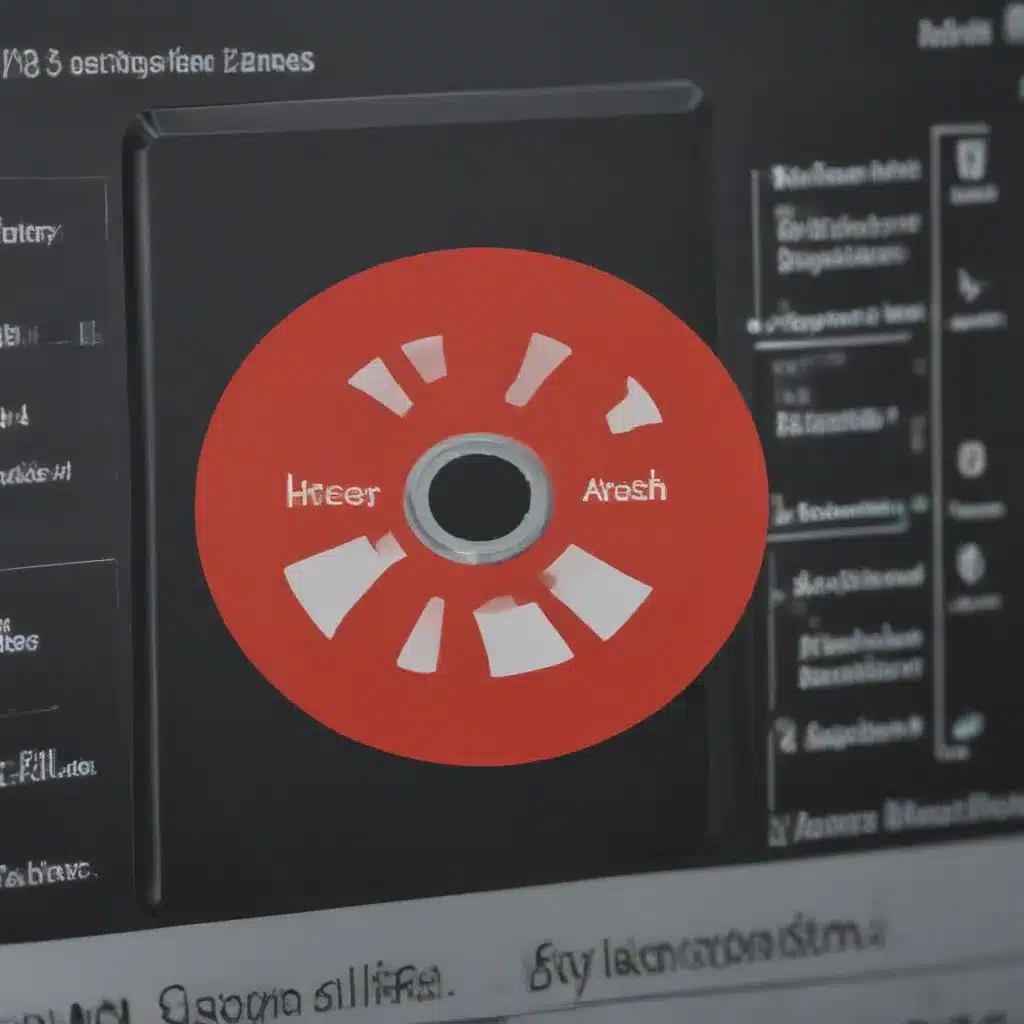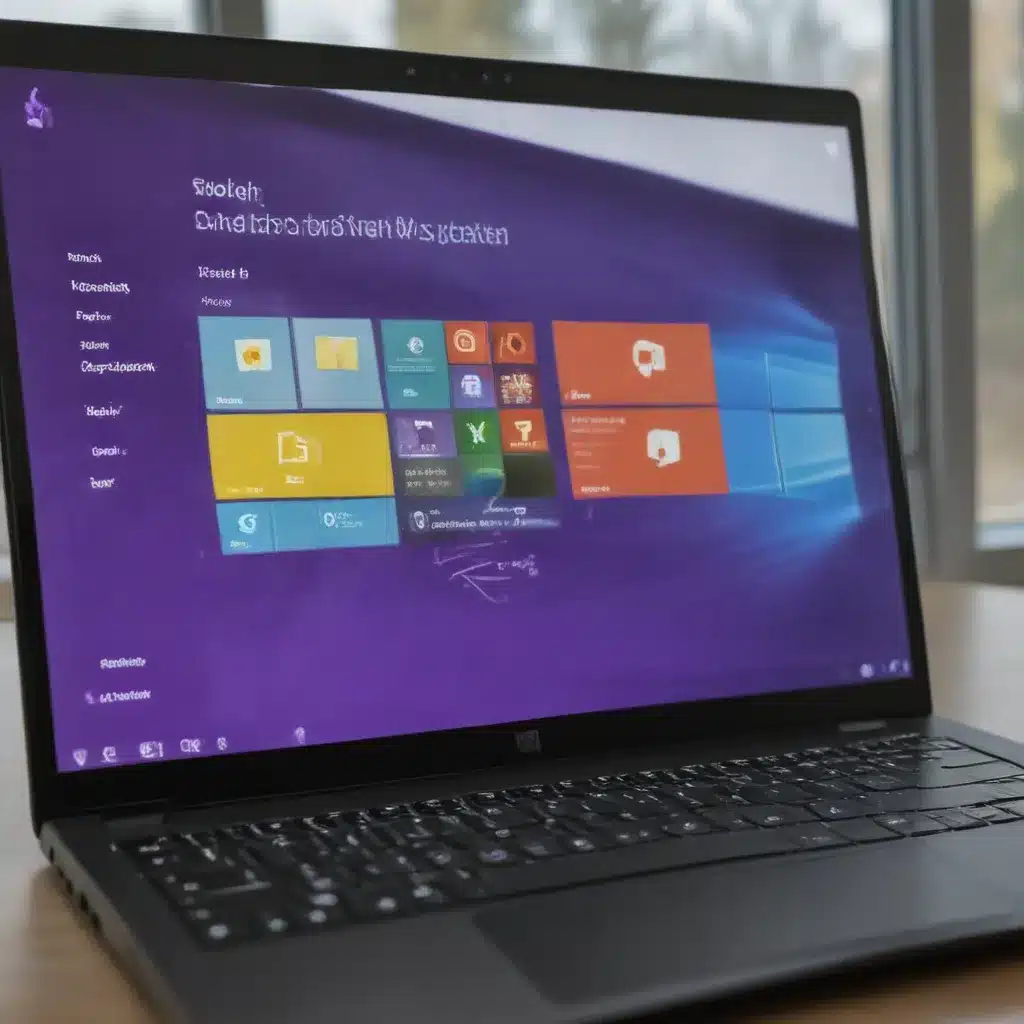Online shopping can be convenient, but it also comes with risks. When you shop online, you share personal and financial information that could be compromised in a data breach. Follow these tips to keep your data safe when shopping online.
Use Strong Passwords
Your online shopping accounts are only as secure as your passwords. Weak passwords like 123456 or password are easy for hackers to guess. Instead, use strong passwords with at least 12 characters, a mix of letters, numbers and symbols.
- Consider using a password manager to generate and store unique passwords for each online account.
- Never reuse passwords across multiple sites.
- Change passwords periodically and immediately if you suspect a breach.
Be Wary of Public Wi-Fi
Public Wi-Fi networks at coffee shops, hotels, airports and other locations are not secure. Hackers can intercept data on public networks. When shopping online, stick to your private home network or cell data. If you must use public Wi-Fi, avoid accessing sensitive accounts like banking and enable your VPN.
Use Credit Instead of Debit
Credit cards offer stronger fraud protection than debit cards. The fair credit billing act limits your liability to $50 if your credit card number is stolen. In contrast, if your debit card is compromised, the money is gone from your bank account while the issue is investigated.
Look for the Lock Icon
When entering payment information, look for the padlock icon in your browser and ensure the URL starts with https. The s indicates a secure, encrypted connection that helps prevent snooping. Avoid entering card details on sites without HTTPS.
Be Wary of Scams
Phishing scams try to trick you into entering your details on fake sites. Avoid clicking links in suspicious emails, texts and ads. Instead, type the real URL directly into your browser. Also be cautious of online ads with too-good-to-be-true prices for luxury goods.
Monitor Your Accounts
Routinely check your credit card and bank statements for unfamiliar charges that could indicate fraud. Many banks also allow you to set up transaction alerts by text or email for real-time monitoring. Report any unauthorized charges immediately.
Use Online Shopping Apps
Download the official apps of your favorite retailers rather than accessing sites through your mobile browser. Apps are more secure and make checkout easier with fingerprint/face recognition. Only download apps from official stores like Google Play and Apple App Store.
Avoid Public Computers
Never shop online or enter sensitive information on public computers at libraries, hotels and other locations. There could be keylogging malware installed to steal data. Stick to your own private devices for online shopping.
By taking the right precautions, you can enjoy the convenience of online shopping while minimizing the risk of data breaches. Pay attention to security, monitor your accounts regularly and act quickly if you see any sign of unauthorized activity.













